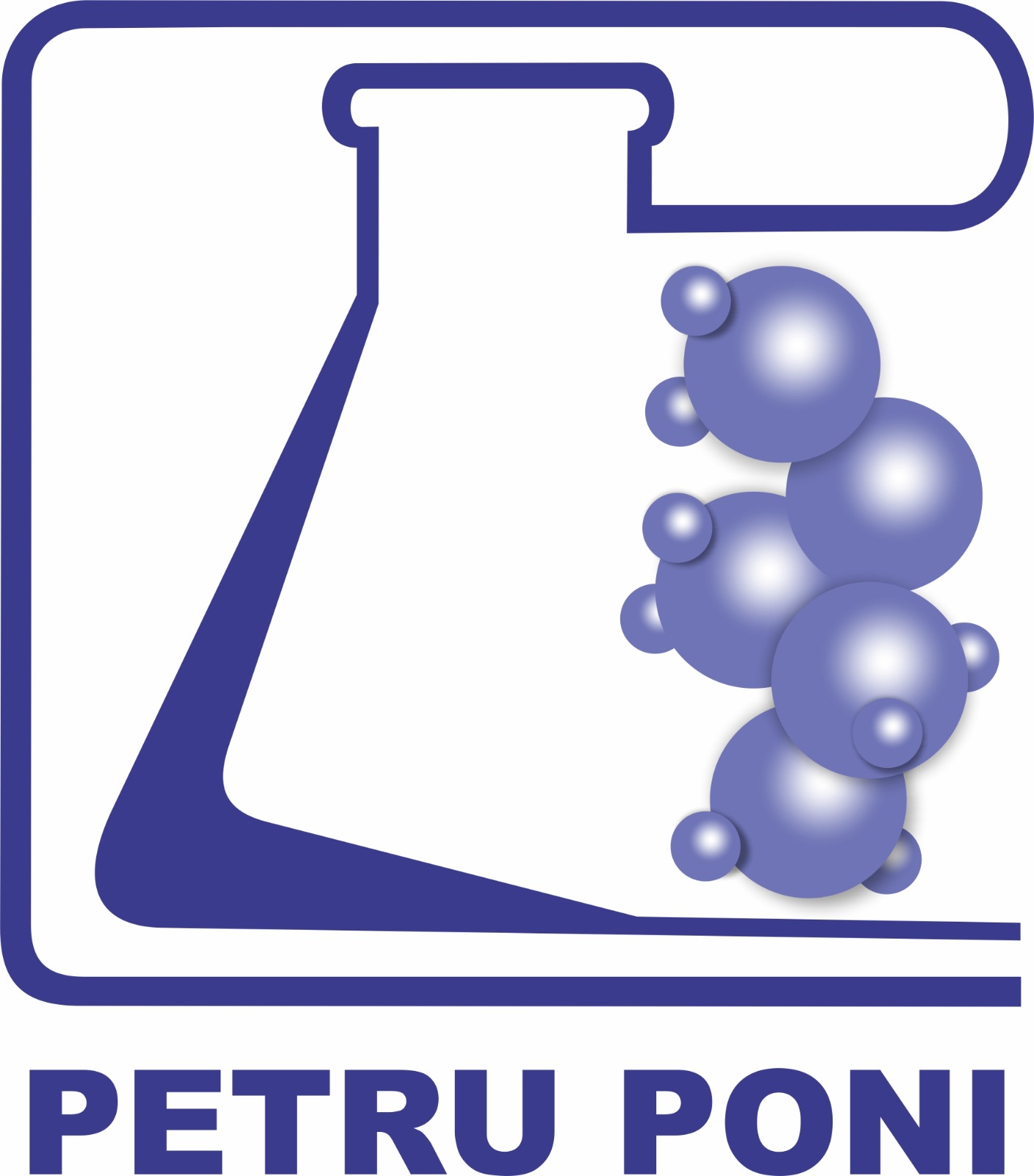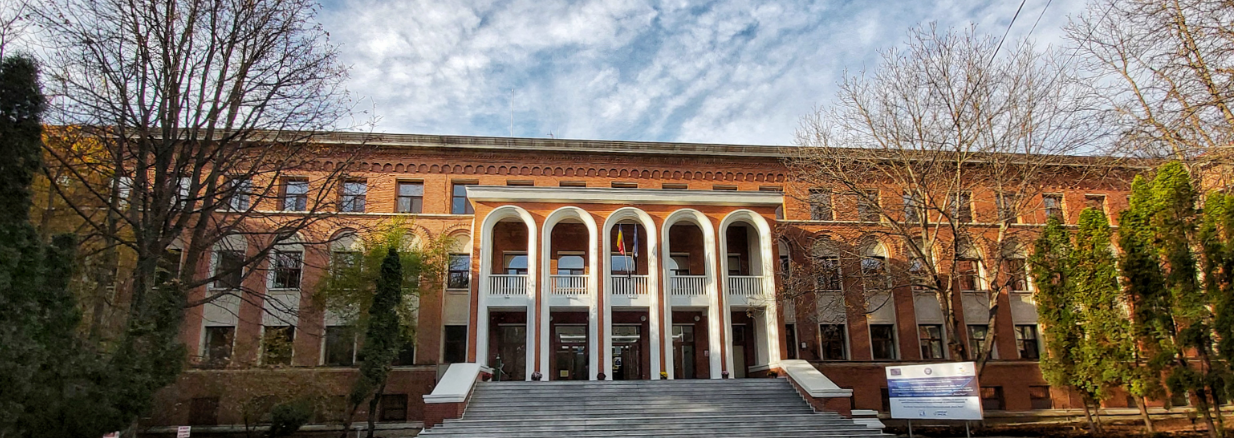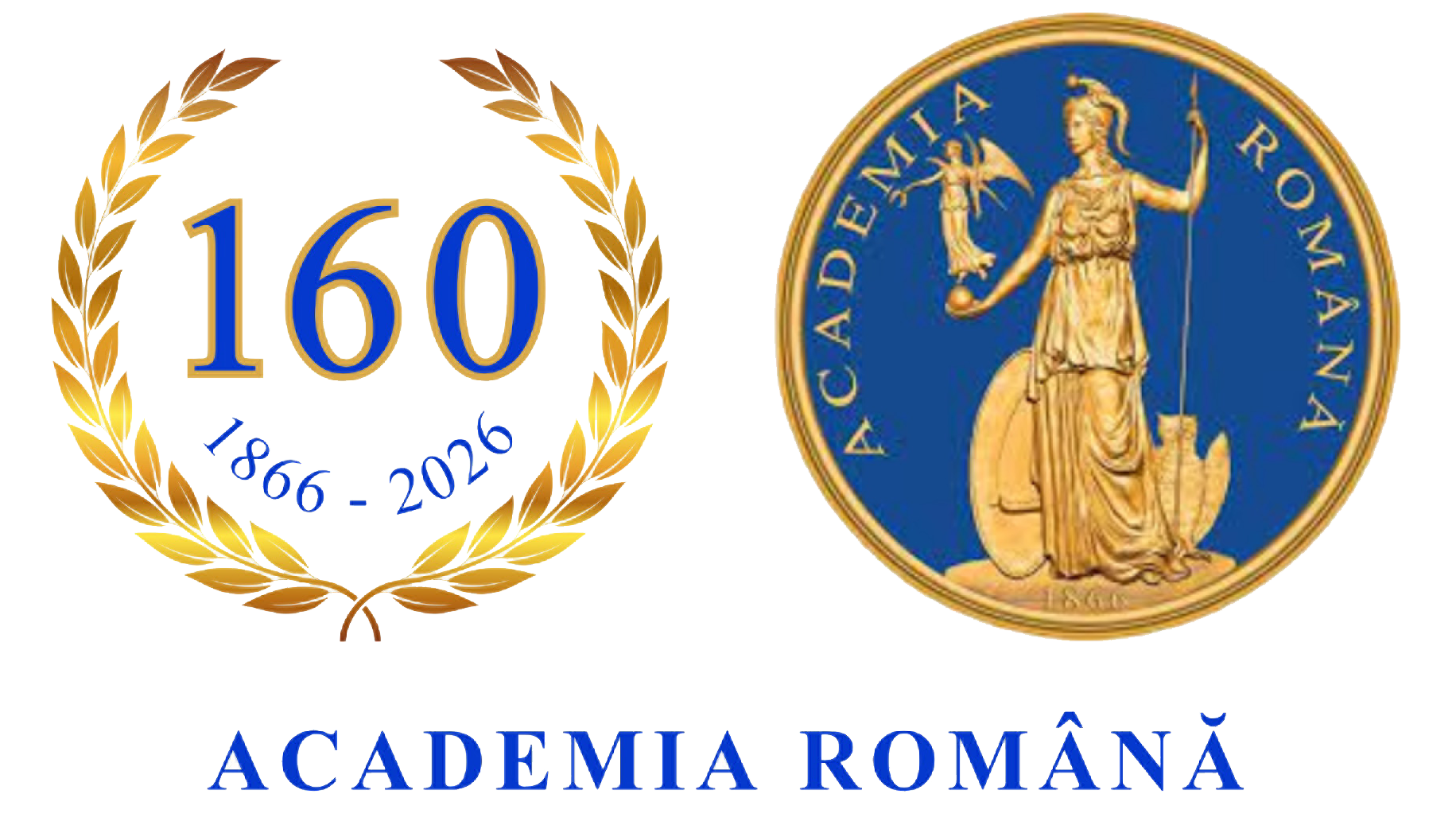|
Silicone-based dielectric elastomers are crosslinked materials composed of polysiloxane functionalized with ionizable groups. They are soft polymeric materials that bring together the properties required for actuation and energy harvesting: large energy density, fast response times, operation in air, long lifetimes, and low Young’s modulus as well as high value for breaking strain. In spite of their very useful properties, such as hydrophobicity, thermal resistance, low variation of propertis with temperature, their technical use being limited due to the low dielectric constant.
The properties of silicones can be significantly modified from the mechanical and electromechanical point of view within appreciable limits (i) by properly designing the elastomeric network. It is known that the topology of the polymer network is crucial in determining macroscopic material properties, especially mechanical (e.g., elasticity) and physical properties; (ii) by introducing inorganic filler able to increase the permittivity of the siloxane matrix.
The project aims at developing new silicone-based dielectric elastomers by using metal–salen Schiff base complexes decorated with long, high flexible and hydrophobic siloxane segment as active fillers for silicone matrices. The overall objectives address systematic studies of the obtained materials so as to highlight their structure-property relationships. Achievement of dielectric elastomers with high efficiency requires smooth surface topography, good correlations between structural, morphological, mechanical and dielectrical proprieties.
Web page: https://www.icmpp.ro/de-comp/ |






